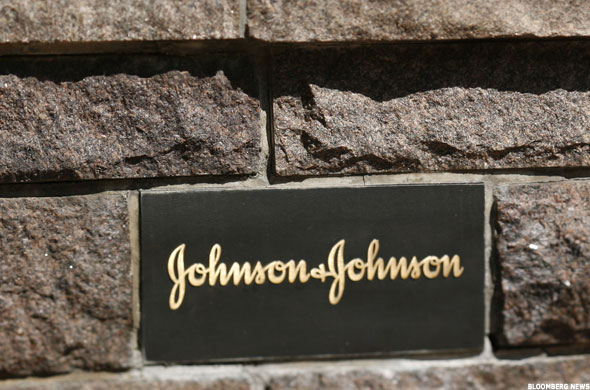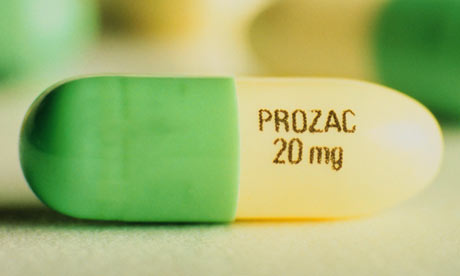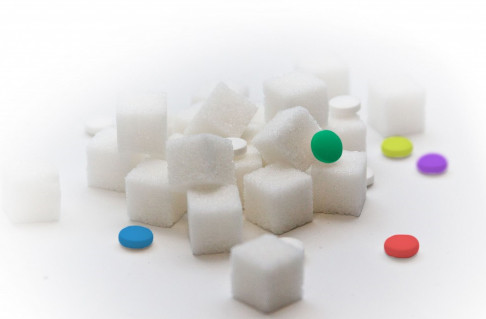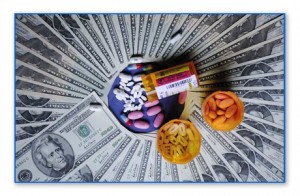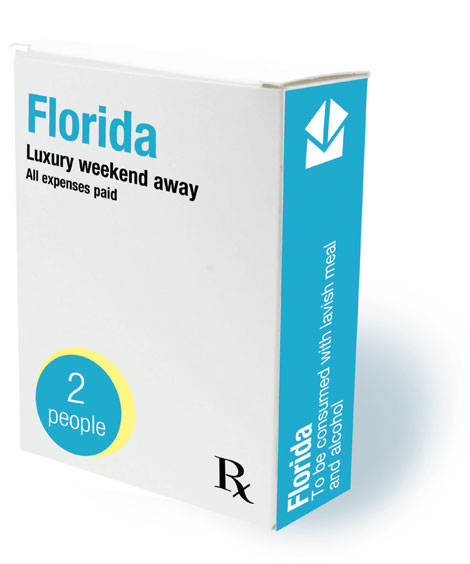Beginning in 1998, a series of studies have repeatedly questioned the difference in efficacies between antidepressant drugs and placebos. Pioneering analysis work done by University of Connecticut researchers Irving Kirsch and Guy Sapirstein confirmed the effectiveness of antidepressants – but also their inert counterparts. In 38 studies conducted with over 3,000 depressed patients, placebos improved symptoms 75 per cent as much as legitimate medications.
“We wondered, what’s going on?” said Kirsch in a 2010 interview with Newsweek. The medical community, skeptical of his analysis, asked him to instigate a more comprehensive study with the results of all clinical trials conducted by antidepressant manufacturers, including those unpublished – 47 studies in total.
Over half of the studies showed no significant difference in the depression-alleviating effects of a medicated versus non-medicated pill. With this more thorough analysis, which now included strategically unpublished studies from pharmaceutical companies, placebos were shown to improve symptoms 82 per cent as much as the real pill.
